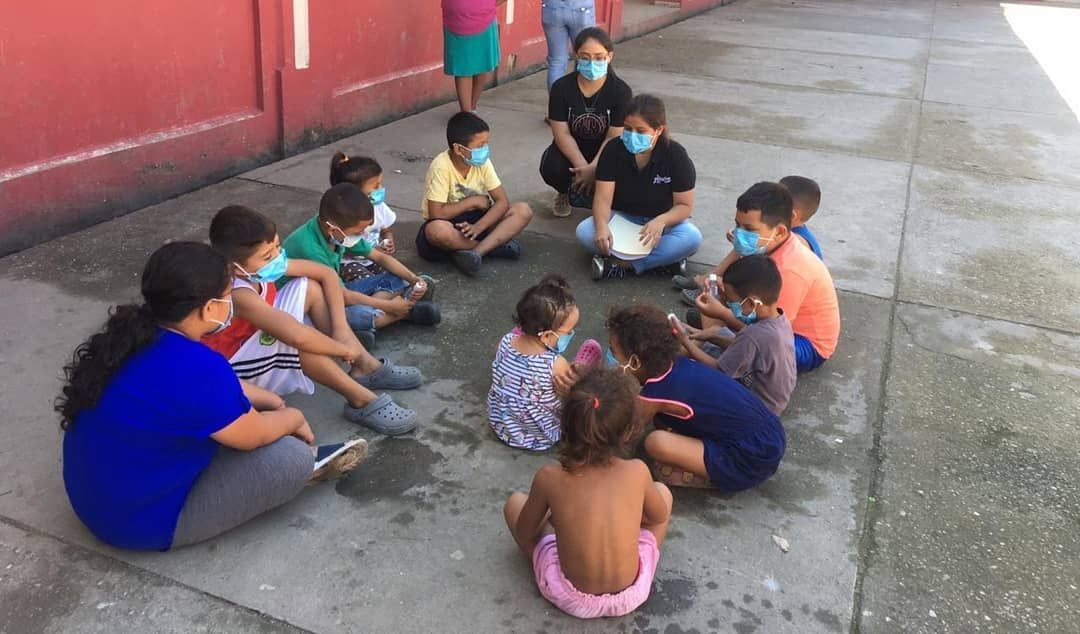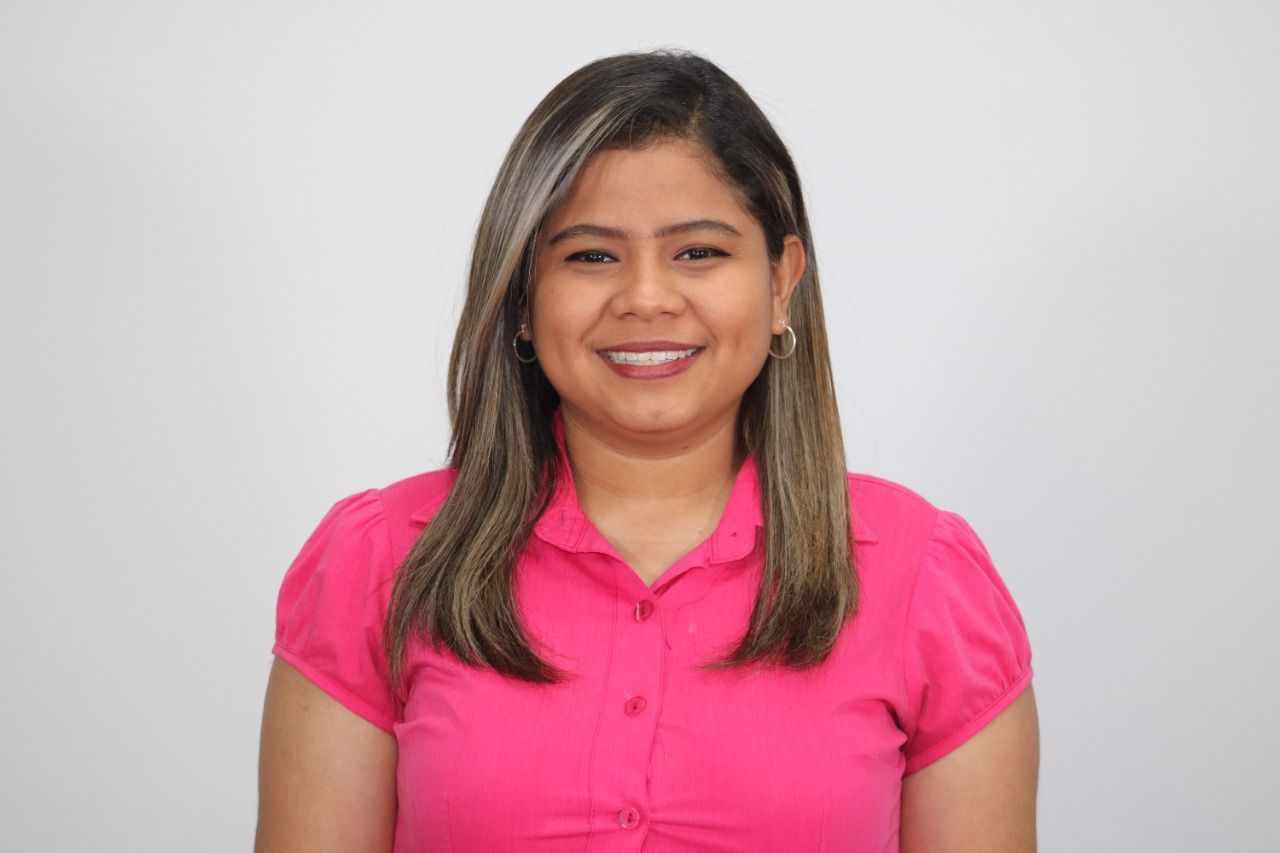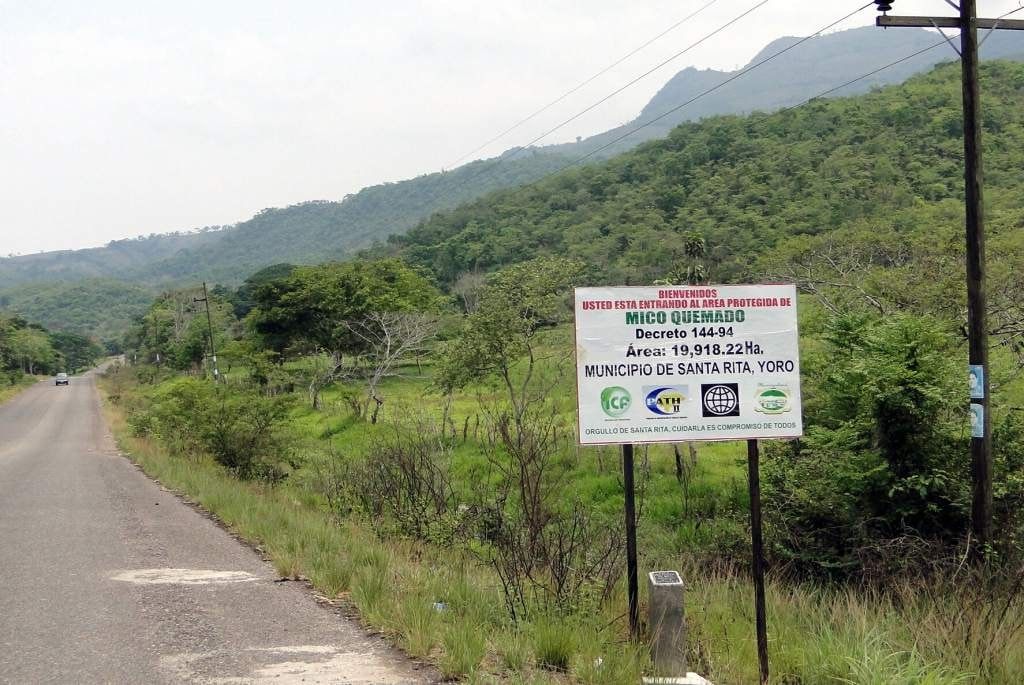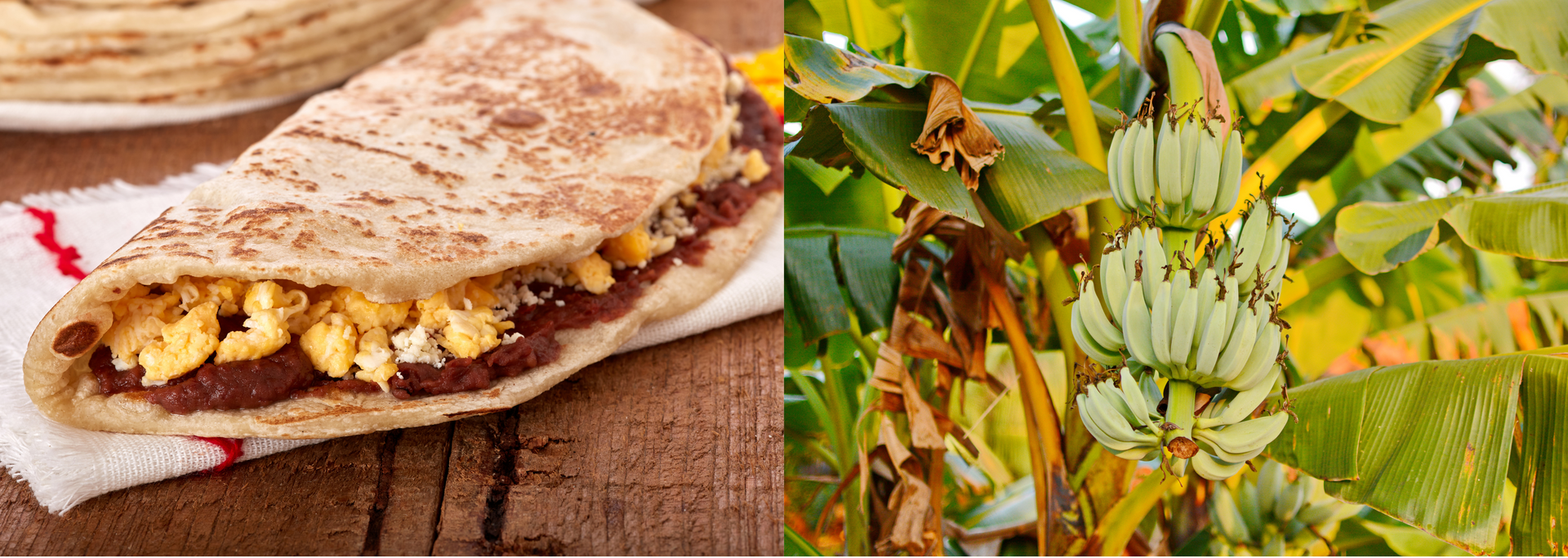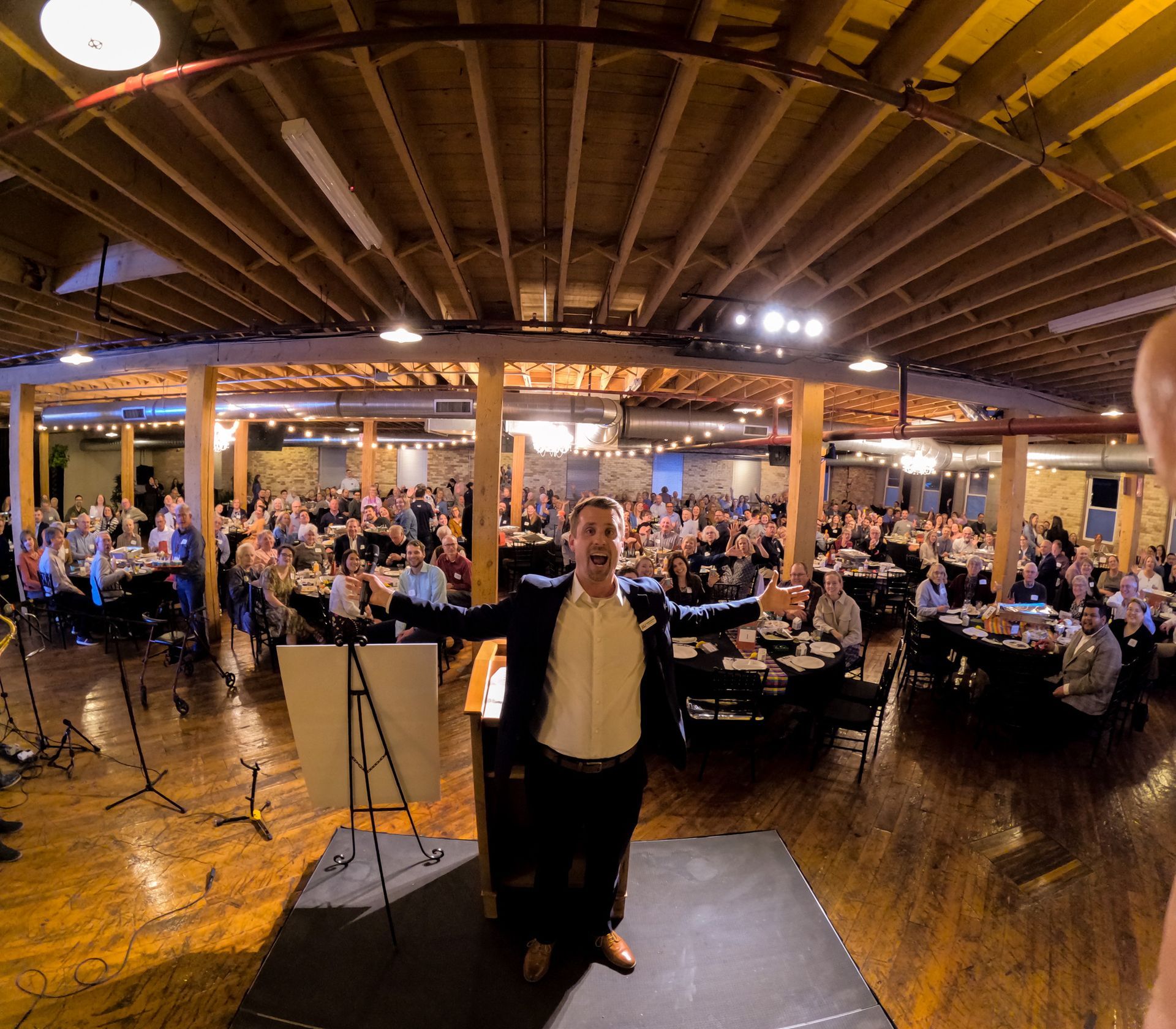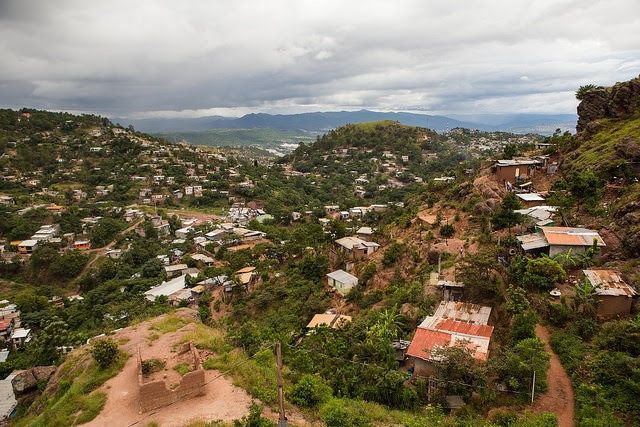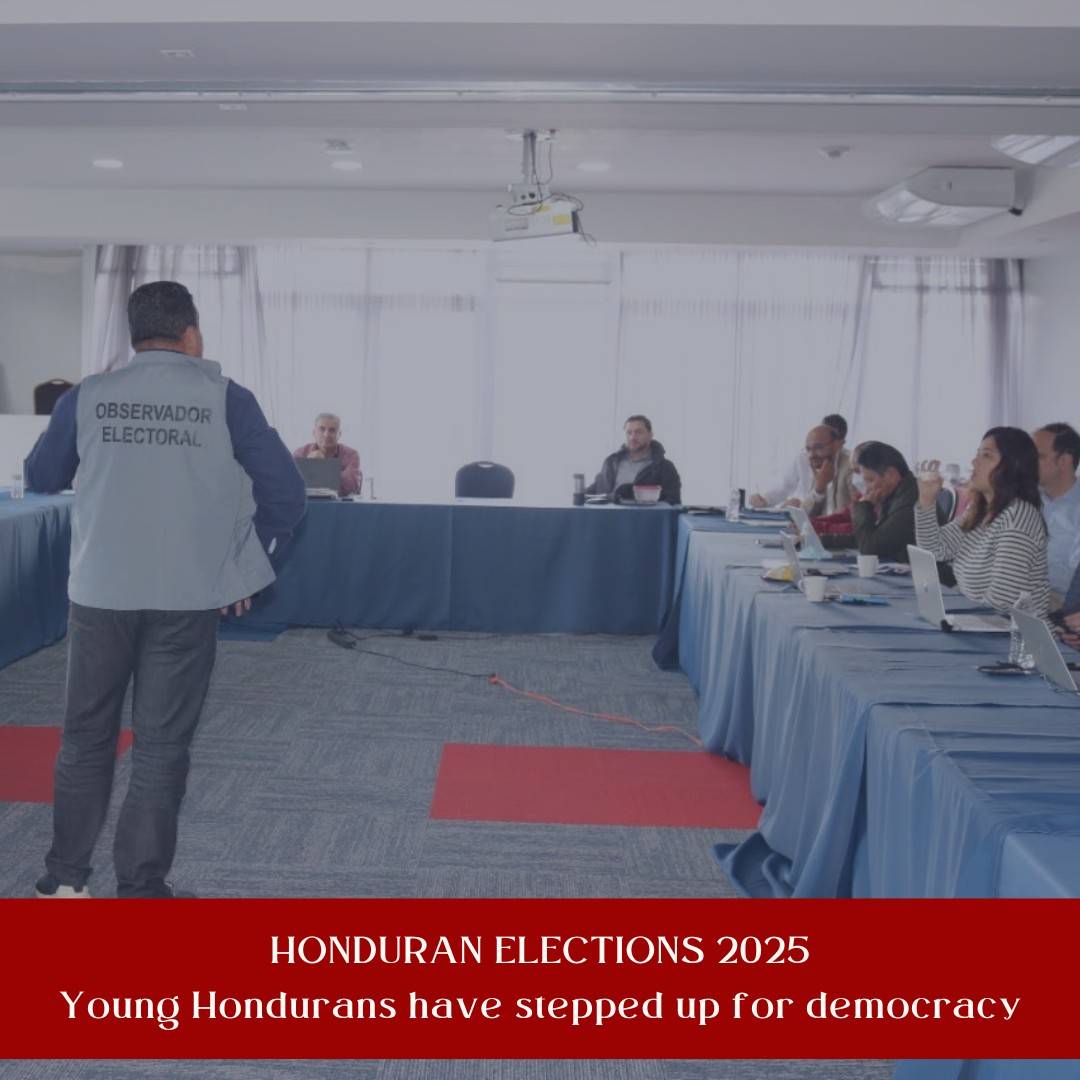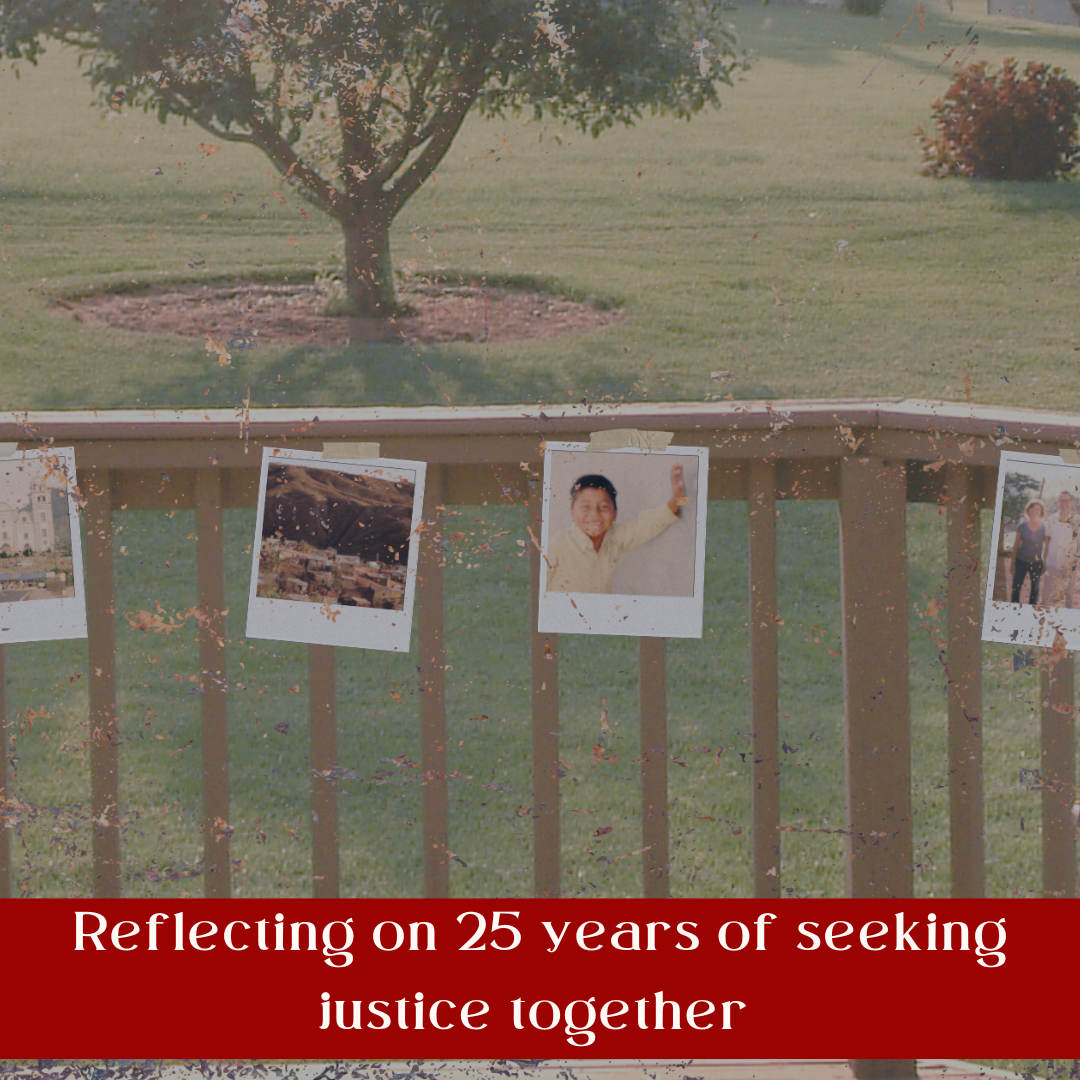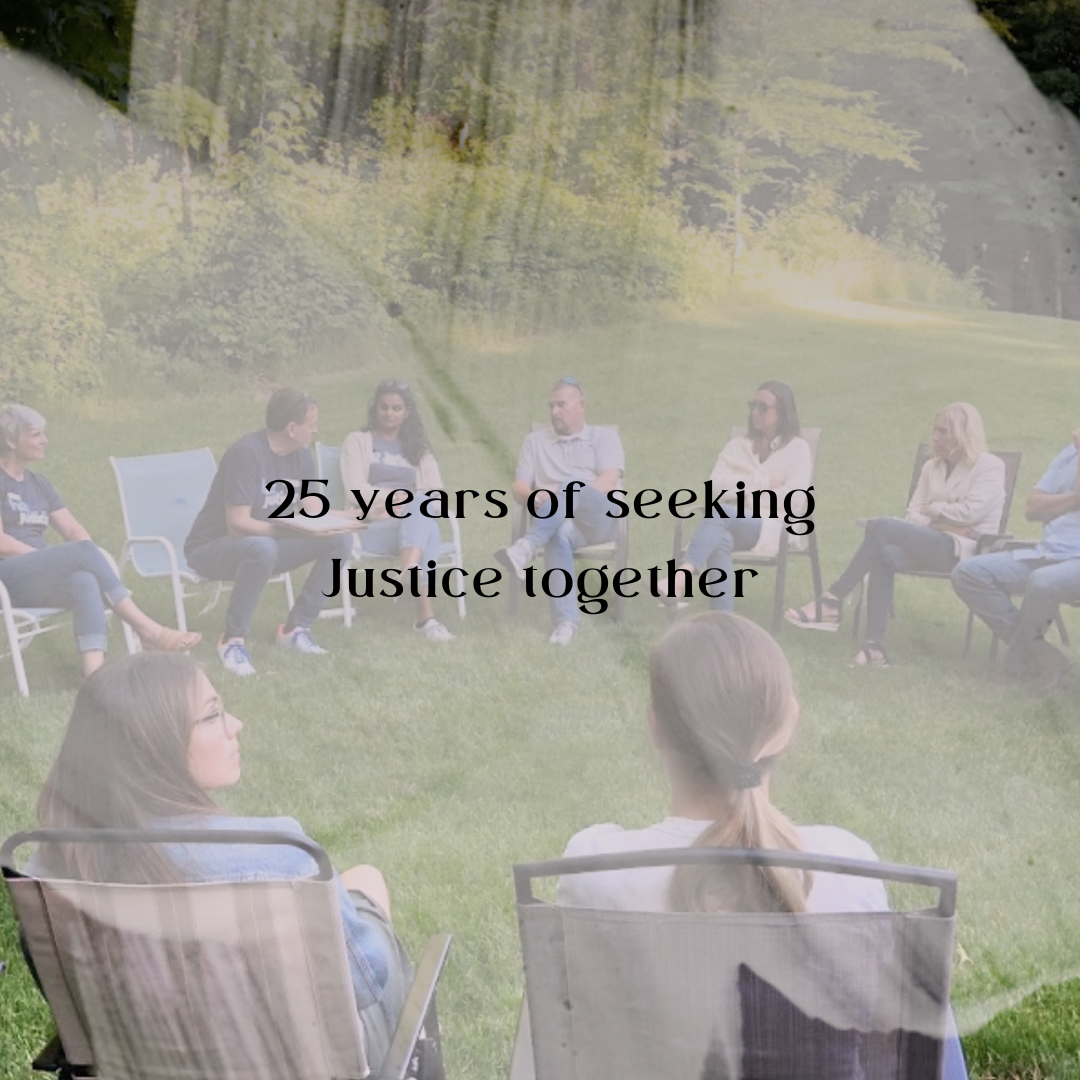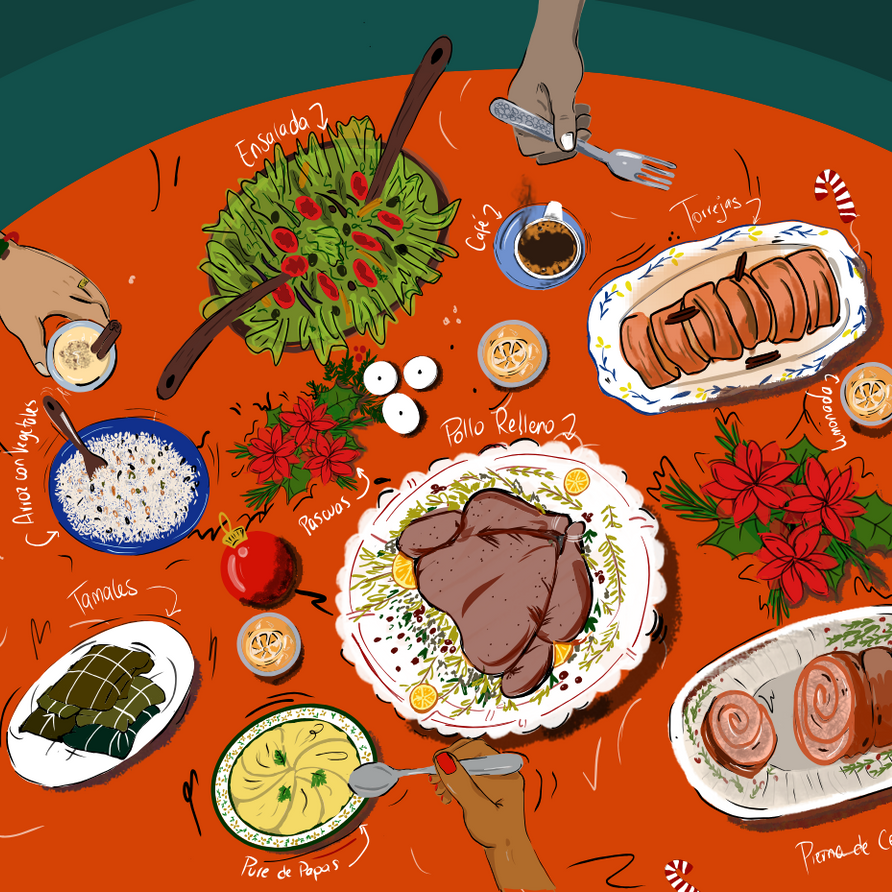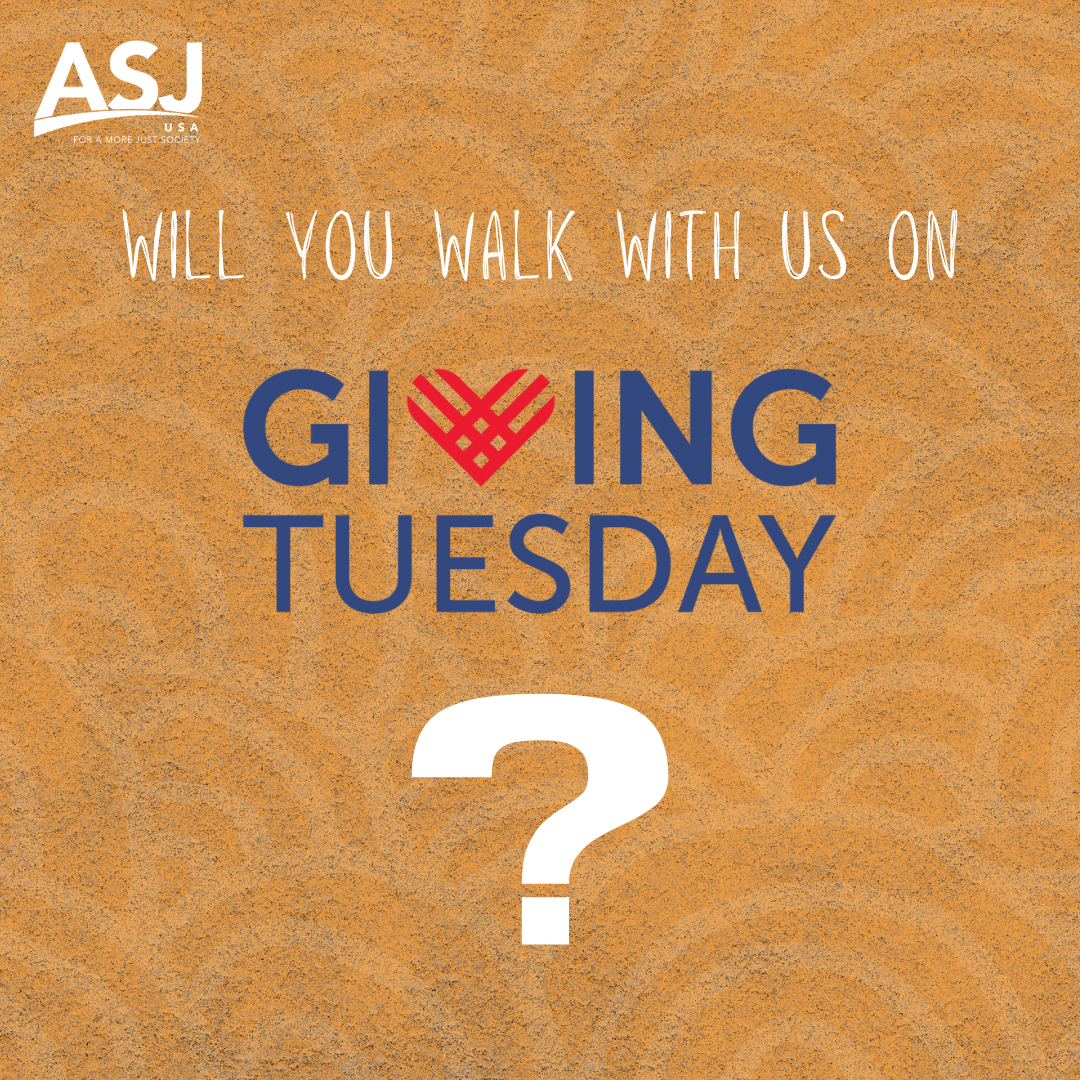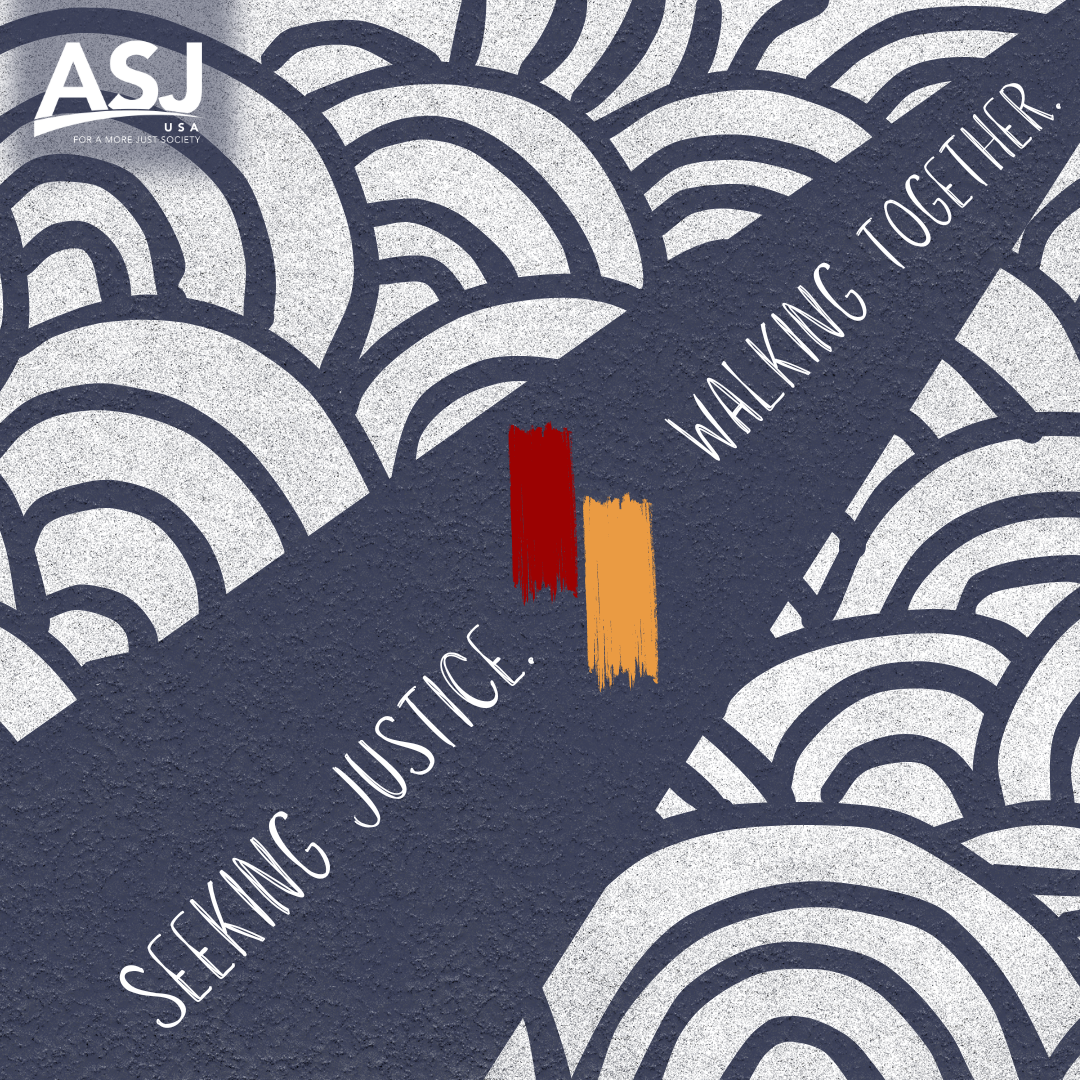History and Industry in El Progreso
Hillary (with papers) working with youth in a shelter after 2020 hurricanes
We bring you a special series, “Why We Call It Home.” While ASJ's office is in the capital city of Tegucigalpa, our 70 staff—lawyers, social workers, policy analysts, researchers, accountants, IT specialists—come from all across Honduras. Their knowledge of and love for their communities fuels their determination to bravely work for justice. ASJ staff live out the expression, "perfect love" drives out fear." Because they want safe communities, they launch initiatives to prevent violence and improve court systems. Because they want their children's schools free from corruption, they campaign for a stronger public education system.
We asked three staff members, Claudia, Hillary, and Winnie, to share what makes their hometowns special. As you get to know their communities, we invite you to join in their hope for a future where everyone experiences peace and justice at home.
What makes El Progreso special?
Known as “The Pearl of the River Ulúa,” El Progreso is a
commercial hub and one of the most important cities in the Yoro Department. Our location in the fertile Sula Valley is very important because you have to pass through it before you reach the beautiful beaches of Atlántida or the industrial metropolis San Pedro Sula.
El Progreso has majestic views of the Mico Quemado mountain range, a
protected area of ecological wealth, and the mighty Pelo River, which gives life to all the banana farms in the region.
This "green lung" is the main source of water for our community. My city is also full of history, as it was the site of the 1954 strike (a major uprising of banana workers that led to labor reforms), one of the largest and most important social movements
in the history of Honduras.
Entrance of the Mico Quemado mountain range
What memories do you have from growing up in El Progreso?
I remember
my mom and neighbors telling me stories of the banana farms where they grew up and how social causes were important to them. Through them, I learned how this little city grew to be called “Progress”. Now that I live in a completely different city, I feel the difference and I miss what I used to take for granted (like the banana and the sugar cane farms on the road to San Pedro Sula).
What are your favorite places in El Progreso?
First, my home, which has a way of always calling me back.
At home, I feel confident and calm, surrounded by the warm lands that watched me grow. Secondly, the railroad museum because it is full of history. And third, the stunning view I can see from the Mico Quemado mountain range.
What is something every El Progreso resident knows about?
I would say the famous
baleadas you can find in different corners of the city’s commercial center. In addition, since we’re a banana hub, us
ribereños (riverside dwellers)
know the differences between a wide variety of bananas: guineo verde (green), maduro (ripe), plátano verde (plantain), camulian, morocas, and guineítos. Citrus fruits, sugar cane, rice, and vegetable farms are also common in this region.
Oh, and this part of Honduras is extremely
hot, I remember many times when the temperature was 100 °F, but it felt 107 °F. That was steaming hot!
Baleadas (tortillas with beans and cheese) and bananas
What injustices impact life in your community?
We face many challenges, for example, the
lack of access to well-paying jobs,
basic health services, quality education, and threats to
public safety (extortion, assaults, organized crime, and drug-dealing). In addition, politicians’ impunity and acts of corruption in the justice system make it difficult for people with fewer resources to have a voice and receive the assistance and protection they need.
What does a more just and peaceful El Progreso look like to you?
I envision my beautiful, more just and peaceful city as a place where all people have
equal opportunities and access to basic services such as education, health, public safety and adequate housing.
In a more just and peaceful El Progreso,
local communities will have a voice and be actively involved in making decisions that affect their lives. I envision El Progreso as a place where
all people can live with dignity and respect and without fear of violence or discrimination; where all communities can thrive together in an environment of harmony and cooperation.




